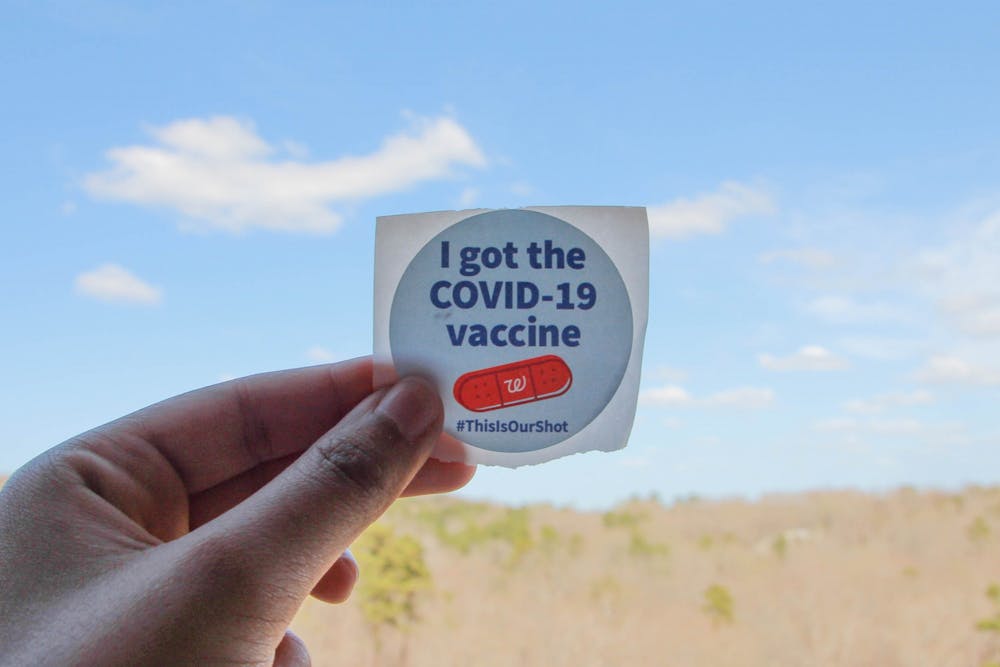A new study launched by the National Institute of Allergy and Infectious Diseases' COVID-19 Prevention Network at the U.S. National Institutes of Health will be offering the Moderna vaccine to over 12,000 college students nationwide — including at UNC.
The trial, Prevent COVID U, hopes to test the transmission rate of COVID-19 among vaccinated individuals with the Moderna vaccine. Over 600 UNC students will be enrolled in the study, which will take place over four months.
Dr. Sylvia Becker-Dreps, co-principal investigator and professor of epidemiology at UNC Gillings School of Global Public Health, said the study is being funded by the National Institutes of Health and is being administered centrally through the Fred Hutchinson Cancer Research Center in Seattle.
The Fred Hutchinson Cancer Research Institute then made the study available to universities across the country that already has large research infrastructure in place, Becker-Dreps said.
There are 27 study sites at universities across the nation, Becker-Dreps said.
Audrey Pettifor, epidemiology professor at the Gillings School and co-principal investigator of the trial, said that students enrolled in the trial would be randomized into two groups, with one group receiving the Moderna vaccine group immediately and the other group receiving it in four months time.
The main trials that the vaccines were designed — and approved — on were looking at whether the vaccine prevented the disease, but there has not been much data yet on the rate of COVID-19 transmission with vaccinated individuals — which is what this study is trying to answer, Pettifor said.
Pettifor said that eligible students would be between 18 and 26 years old, have not yet been vaccinated and ideally would not have had COVID-19 before.
Students enrolled in the trial would have to swab their noses every day and drop their swabs off twice a week at UNC testing centers around campus, Pettifor said.




